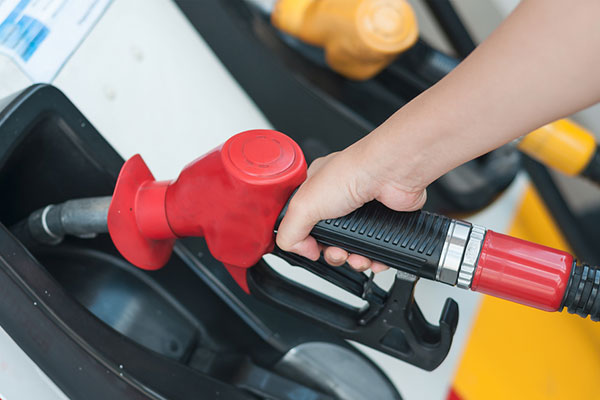
Oil demand peak 'not before 2050 if prices stay below $75'
DUBAI, June 1, 2016
Peak global oil demand lies beyond 2050, as long as we remain in a relatively low oil price environment of $55-75 per barrel in real terms, a report said.
Yet, more rapid electric vehicle adoption or fuel efficiency improvements, e.g., due to higher oil prices, technological breakthroughs or severe policy changes, could alter this path and push peak global oil demand as near as 2030, added the report titled “ Global Energy Weekly: The path to peak oil demand” by Bank of America Merrill Lynch (BofAML).
“Any long-term oil demand projection rests on understanding transport demand, which today comprises 54 per cent of global oil consumption. In our base case, we expect that growth in transport demand will continue to more than offset fuel efficiency gains and substitution to alternatives,” the report said.
Transport demand in EMs drives global oil demand
World population currently stands at about 7.3 billion people and is set to rise by another 2.5 billion by 2050, almost entirely driven by emerging markets (EMs), the report said.
High population growth combined with low car penetration sets EMs up for expanding transport demand for several decades as incomes rise rapidly. In China, car penetration rates rose tenfold in the last decade, and India stands ready to take over. India has just 1/5th the car penetration of China and, by the end of the decade; it will also have the world's largest population.
Overall, global transport demand will undoubtedly keep growing in decades ahead, on ongoing trends of rising global population, urbanization and motorization. The impact on oil demand, however, also depends on efficiency gains and substitution to alternative vehicles, according to BofAML.
Oil demand in cars peaks in 2030, offset by other transport
“Demand for oil from cars will likely peak as soon as 2030, due to a surge in mandated fuel-efficiency standards. The decline is exacerbated by a gradual increase in electric vehicles, rising from 1 per cent of car sales today to 20 per cent by 2050, in our base case,” the BofAML report said.
Other transport, including medium-heavy trucks, planes and ships, are not generally subject to strict efficiency standards. Hence, their oil demand growth should more than offset declines from cars. Besides transport, petrochemical is the only other sector where demand is likely to grow, due to the lack of alternatives in making plastic.
“In sum, we project global oil demand growth to slow from 1.2 per cent p.a. in 2016-20 to 0.5 per cent in the 2020s and 0.1 per cent in the 2040s and 50s. Peak oil demand in cars slows the growth rate over the period,” said the report.
Electric vehicles could potentially alter this path
Should EVs really take off beyond 2020 and rise gradually to 50 per cent by 2050 (vs. 20 per cent in our base case) oil demand would peak by 2030. In other words, when EVs take off and their share of car sales consistently grows by 1.5ppt+ per year, global oil demand peaks 10 years later, on our estimates.
Higher oil prices, for example, could force speedier EV adoption. At $100 oil, a slowdown in transport demand growth, weaker efficiency gains and higher EV adoption would likely force global oil demand to peak by 2030.
At $100 oil, however, most oil reserves turn economically exploitable, so non-Opec supply would eventually return to firm growth. In short, $100 oil would be self-defeating in the long run, as it would bring forward peak oil demand in the face of a rapid supply expansion. – TradeArabia News Service







